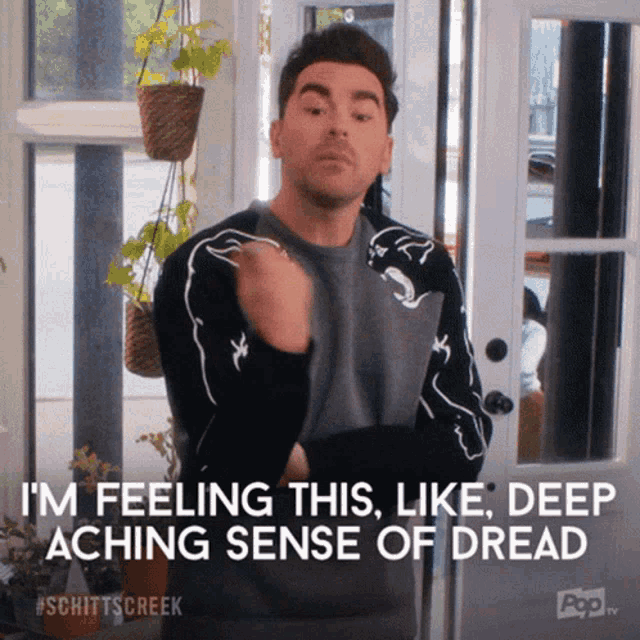Ever wondered why unfinished tasks linger in your mind, stealing focus and keeping you restless? That’s the Zeigarnik Effect—a psychological phenomenon that makes incomplete work impossible to ignore.
It’s why a half-written report feels heavier than a finished one or why unresolved arguments replay in your head. But what if you could turn this mental tension into your greatest productivity tool?
The Curious Case of Unfinished Business
Whenever I visit my favorite South Indian restaurant in Mumbai, I witness a little magic trick—and it’s got nothing to do with the food.
The server approaches our table, staring into our souls as we recite our order: “One ghee podi dosa, two plate idli sambar, one masala dosa and four filter coffees”.
He nods with quiet confidence, doesn’t write anything down, and then moves on to the next table to take their order. No notebook, no pen, just pure vibes.
Naturally, I wonder: Did he even hear us? Is he just bluffing because the manager is watching?
Fifteen minutes later, our order arrives perfectly. Not a misplaced sambar or forgotten coffee. Absolute boss.
But here’s the twist: if I were to ask the same server about our order after it’s served, chances are he wouldn’t remember it. This memory lapse isn’t a sign of sloppiness; it’s a psychological phenomenon at work—the Zeigarnik Effect.
🚨 Quick sidebar: Enjoying what you’re reading? Sign up for my newsletter to get similar actionable insights delivered to your inbox, for free!
Psttt, you will also get a free copy of my ebook, Framework for Thoughts, when you sign up!
What is Zeigarnik Effect?
Nearly a century ago, Russian psychologist Bluma Zeigarnik noticed something striking while dining at a café. Waiters could recall orders with remarkable accuracy, until the orders were fulfilled. Then, as if by magic, their memory of the details disappeared.
💡 This sparked her curiosity. Through experiments, she uncovered a fascinating psychological phenomenon now known as the Zeigarnik effect1On finished and unfinished tasks by Bluma Zeigarnik:
We are more likely to remember unfinished or interrupted tasks than completed ones.

This explains why:
📚 That half-read chapter lingers in your mind, even as your partner reminds you to take out the trash.
📺 Netflix cliffhangers leave you hanging, stealing your focus until the next episode drops.
😶 You replay unresolved conversations, crafting the perfect comeback long after the moment has passed.
Why the Zeigarnik Effect Happens?
👌🏽 Progress Fuels the Tension: Tasks closer to completion exert a stronger pull on your attention than barely started ones2Zeigarnik and von Restorff: The memory effects and the stories behind them by Colin M. MacLeod. If you’re 90% done with a report, interruptions will make it hard to focus on anything else.
🤩 Motivation Intensifies the Effect: If you care about a task, say completing a passion project, it’s more likely to haunt you than trivial chores3The Zeigarnik effect and intrinsic motivation: Are they the same? by Reeve Johnmarshall.
📆 Planning Feels Like Progress: Your brain is easily tricked. Even outlining steps for a task can make your mind falsely relax, lowering urgency4Consider it done! Plan making can eliminate the cognitive effects of unfulfilled goals by E. J. Masicampo.
How to Overcome the Zeigarnik Effect?
While the Zeigarnik Effect keeps unfinished tasks top-of-mind, it doesn’t mean you’re doomed to distraction. Let’s explore strategies to neutralize its grip.
Break Big Tasks into Small Wins
A massive project can feel paralyzing, but dividing it into smaller chunks helps.
Completing mini-tasks creates a sense of progress, reducing the mental weight of what’s left.
Create a “Next Steps” Plan
Ever find your weekends hijacked by unfinished work? You’re trying to relax, but your mind keeps circling back to that looming project waiting for you on Monday.

That’s the Zeigarnik effect at play.
Before logging off on Friday, list every incomplete task along with clear next steps for Monday.
This is also a simple way to ‘build your ark,’ as Warren Buffett’s Noah Rule reminds us, by preparing for what’s ahead rather than procrastinating.
It’s a simple ritual that signals to your brain that the work is “under control”, freeing your mind to actually enjoy your weekend.
Stop at a High Point
Writers like Ernest Hemingway swore by this technique: end your day mid-flow, when you know what comes next.
This “Hemingway Effect” keeps your subconscious engaged while giving you a clear starting point for later5Tap into the “Hemingway effect” to finish what you start.
The main thing is to know when to stop. When you’re still going good and you come to an interesting place and you know what’s going to happen next, that’s the time to stop. Then leave it alone and don’t think about it; let your subconscious mind do the work.
Ernest Hemingway
Use It for Creativity
In How to Take Smart Notes, Sönke Ahrens advises leaving questions open-ended.
This keeps your brain working on solutions during periods of “diffuse thinking” (e.g., while showering).

Close Emotional Loops
Unresolved conversations often replay endlessly in your mind.
Speak up, clarify misunderstandings, or express your feelings to avoid the mental drain of unspoken words.
Turn Tension into Momentum
The Zeigarnik Effect isn’t your enemy—it’s your brain’s way of reminding you that unfinished business matters. But the trick lies in managing it.
Break tasks into smaller wins, close emotional loops, and stop at a high point to leverage tension as fuel.
Unfinished business doesn’t have to haunt you—sometimes, it’s the secret to moving forward.
Footnotes:
- 1On finished and unfinished tasks by Bluma Zeigarnik
- 2Zeigarnik and von Restorff: The memory effects and the stories behind them by Colin M. MacLeod
- 3The Zeigarnik effect and intrinsic motivation: Are they the same? by Reeve Johnmarshall
- 4
- 5




